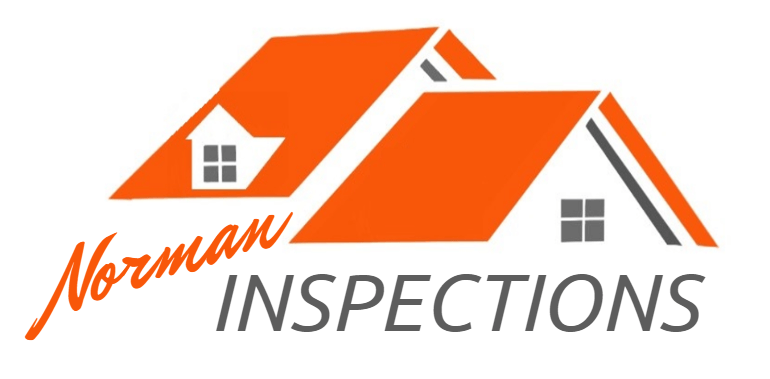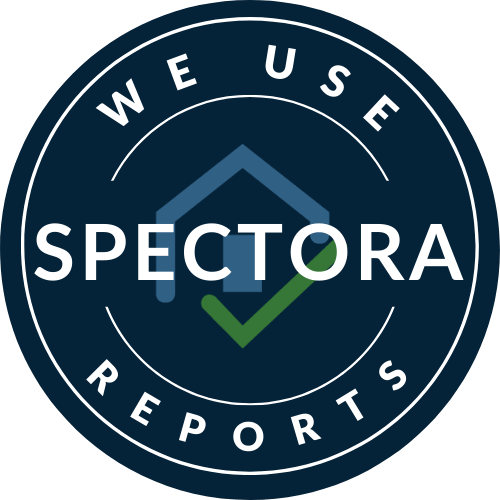Our Services
Our home inspections are performed with great care and attention to detail.
WHAT’S INCLUDED IN YOUR CERTIFIED HOME INSPECTION:
- Full-color home inspection report in HTML and PDF format
- Over 50 images of your inspection
- Email and phone support for follow-up questions and explanations
General Home Inspections
A general home inspection will help you decide if a home is right for you, and avoid homes that have substantial and costly defects.
New Construction and Builder's Warranty Inspections
Just because your home is new, doesn’t mean it is defect-free. At your 11-month mark, this may be your last chance to take advantage of your warranty!
FL Citizens Wind Mitigation Reports
A wind mitigation inspection can help homeowners fortify their homes against wind damage, resulting in potential insurance discounts, increased safety, higher resale value, and peace of mind.
FL Citizens 4-Point Reports
A 4-Point Inspection is a basic evaluation of four critical areas of a home—the HVAC systems, the roofing system, the electrical system, and the plumbing system. This inspection is often required by insurers before they’re willing to issue or renew a policy on an older home.
Mold Assessment
There are over 400,000 types of mold, and while there are only a few dozen that are toxic, exposure to many molds can lead to health problems. It can also cause structural damage to your house.
Commercial Inspections
Commercial buildings need inspections just like any other type of property, so call us today to set up yours.
Light Industrial Inspections
A light industrial inspection helps ensure that equipment and facilities are operating safely and efficiently. It can also help identify potential hazards and prevent accidents, while reducing maintenance costs and increasing productivity.
Mobile Homes Inspections
A 4-Point Inspection is a basic evaluation of four critical areas of a home—the HVAC systems, the roofing system, the electrical system, and the plumbing system. This inspection is often required by insurers before they’re willing to issue or renew a policy on an older home.
Well & Potable Water Systems
Find out if your water is safe and free from bacteria through our water quality testing service. Water quality testing involves analyzing a water sample to determine the presence and concentration of various chemical, physical, and biological characteristics. These characteristics can include things like pH, dissolved oxygen, turbidity, and the presence of contaminants such as heavy metals or pathogens.
Pools and Spas Inspections
We'll inspect your pool thoroughly–from filters and pumps to plumbing and heaters–to identify any issues and provide appropriate recommendations.
Irrigation Systems Inspections
An irrigation inspection involves a thorough evaluation of a property's irrigation system to identify any inefficiencies, leaks, or other issues that may be impacting water usage and landscape health, with the goal of improving efficiency and reducing waste.
Frequently Asked Questions
Buying or selling a home can be a stressful experience, but we’re here to ensure you know what to expect during your home inspection.
A home inspection includes checking for any structural issues such as foundation cracks, roof leaks, plumbing issues, electrical wiring, heating/cooling systems, insulation, windows, doors, chimneys, etc. Depending on how big the property is, a home inspection typically takes 2-3 hours.
Ensure all inspection points are free from clutter, including any closets that might lead to a crawlspace or attic, and clearing some space around your home’s perimeter. It’s also important to check the functionality of all built-in appliances, electric, and gas. If you don’t plan to attend the inspection, make sure your inspector has access to the home, and all pets are properly contained or moved.
A home doesn’t pass or fail an inspection. Instead, a home inspection is a thorough audit of your home’s components. In most cases, there will be concerns marked on your home inspection report, but these are strictly informative.
While you can legally skip a home inspection in many cases, doing so could mean you may end up buying a home that has major issues that need to be fixed.
While a home inspector may recommend some minor repairs, they are not qualified to make major repairs. He or she can provide information about what needs to be repaired — and it might be helpful to know that information — but the decision to actually do the work lies solely with the homeowner. Not only does this you the freedom to choose your contractors, but it also helps prevent a conflict of interest.
A home inspection can affect appraisals for two reasons: 1) The inspector may find something wrong with the property that would lower the value of the home, 2) The inspector may find things that need repair which could increase the value of the home. If the inspection finds issues that require repairs, then the seller has to decide whether they want to fix them themselves, or hire someone else to do it. If the buyer wants to purchase the home, he/she must be willing to pay for those repairs.


